TEMPO.CO, Jakarta - The Mining Advocacy Network (Jatam) has revealed that nickel mining on Gag Island, Raja Ampat, is not a recent development. Since 2017, PT Gag Nikel has held a Contract of Work authorizing nickel mining across 13,136 hectares until 2047.
Melky Nahar, National Coordinator of Jatam, stated that Gag Island itself spans only 6,500 hectares, with 6,034.42 hectares designated as protected forests. "This means the company has received a concession twice the size of the entire land area of the island," he said in a written statement on Monday, June 9, 2025.
According to Melky, PT Gag Nikel has taken control of both the land and waters of Gag Island. With its modest area of 6,500 hectares, Gag Island falls under the category of a small island according to Law Number 1 of 2014 concerning the Management of Coastal Areas and Small Islands (PWP3K). This law explicitly prohibits mining on small islands.
"The Constitutional Court Decision Number 35/PUU-XXI/2023, which rejected PT Gema Kreasi Perdana's lawsuit challenging crucial articles regarding the prohibition of mining on small islands, further reinforces the principle that small islands are prohibited from being mined," he added.
Melky further highlighted that the Raja Ampat Islands, often lauded by the government as Indonesia's premier tourist destination, face the looming threat of extensive ecological damage from mining activities across five concessions.
These five concessions, though managed by different companies, all target nickel and collectively endanger Raja Ampat's pristine natural landscape. "Ironically, it is precisely because of its beauty and the sustainability of its natural functions that Raja Ampat has become a globally renowned tourist destination," he noted.
Gag Island, Melky said, is merely one of 35 small islands in Indonesia already devastated by mining activities. He found it ironic that such destruction proceeds with state consent, often under the guise of "green development." Currently, 195 mining permits, encompassing a total concession area of 351,933 hectares, have encroached upon these 35 small islands across the archipelago.
Melky asserted that mining on small islands is catastrophic for their communities and all life within them. Small islands are highly vulnerable to any changes in their natural environment. The forests on these islands provide essential natural protection for communities and biodiversity, regulating microclimates, managing water resources, safeguarding food and water supplies, and acting as a natural defense against disasters such as storms and tsunamis. "Mining on small islands will also destroy the only living space for the residents," he warned.
He explained that mining activities, regardless of the commodity, inherently exhibit a "voracious land" character, capable of destroying water sources, food sources, traditional herbal medicines, and various traditional production spaces vital to the residents of small islands. "Therefore, mining on small islands is actually a crime against humanity and the environment."
Meanwhile, Melky claimed that over 79 small island residents fighting to defend their homes have been criminalized without warning. Residents face assault, arrest, criminalization, and even imprisonment simply for defending the land and sea they have safeguarded for generations.
Melky cited various articles used to restrict their freedom, including Article 310 of the Criminal Code regarding defamation, Article 162 of the Mineral and Coal Law which stipulates penalties for those deemed to obstruct mining activities, Article 170 of the Criminal Code regarding violence against people or property, and Article 333 of the Criminal Code regarding the deprivation of a person's freedom.
According to him, these articles are frequently enforced arbitrarily, lacking a strong legal basis, and thus become the greatest threat to the freedom and struggles of small island residents defending their living space. "For example, in Wawonii, 44 residents have already been criminalized shortly after they took action to reject the presence of mining concessions," he stated.
In response, the Ministry of Environment/Environmental Control Agency (KLH/BPLH) has systematically addressed indications of environmental damage resulting from nickel mining activities in the Raja Ampat Regency, Southwest Papua Province.
Minister of Environment Hanif Faisol stated that this area is the heart of the world's marine biodiversity and is classified as a National Strategic Conservation Area (KSKK) based on Presidential Regulation Number 81 of 2023 concerning the Spatial Planning Plan for the National Strategic Conservation Areas of Raja Ampat Biodiversity.
Editor's Choice: Government Urged to Enforce Permanent Mining Ban in Raja Ampat
Click here to get the latest news updates from Tempo on Google News


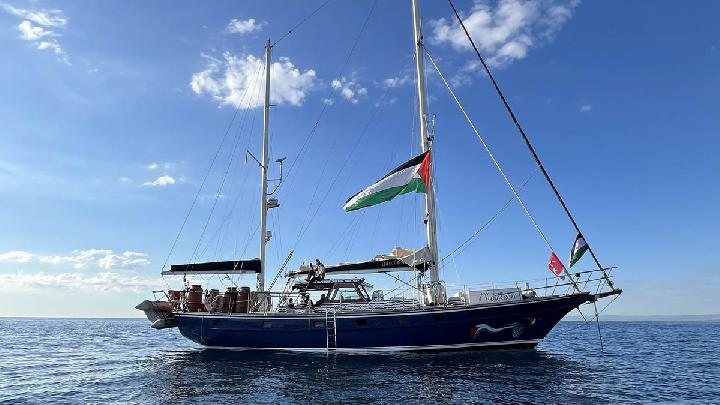




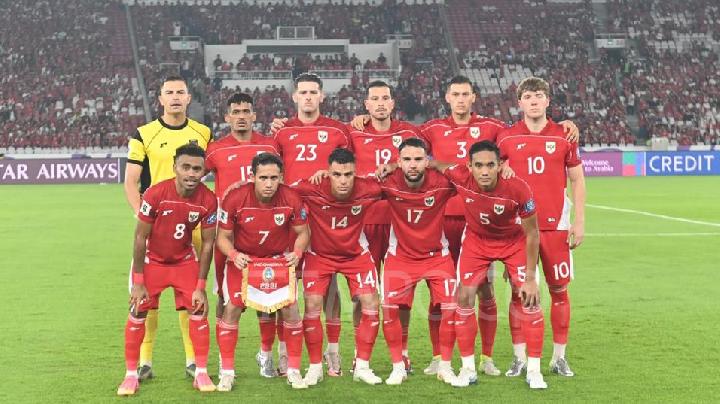


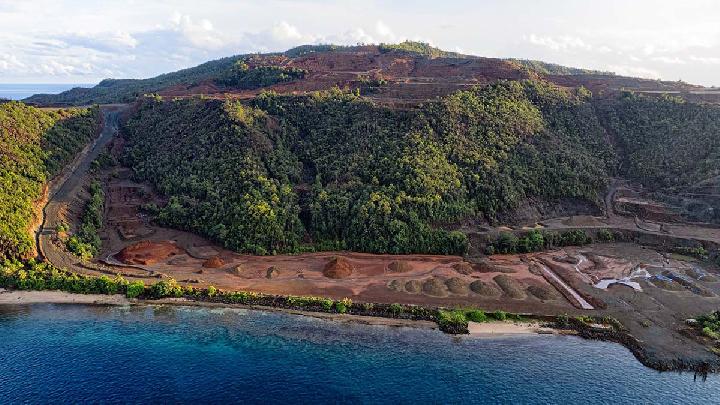

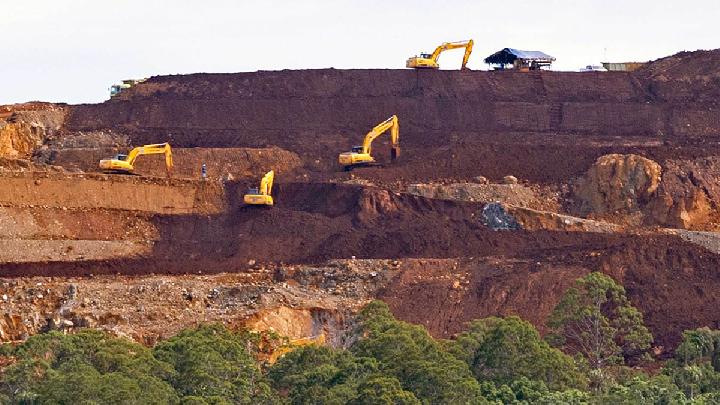
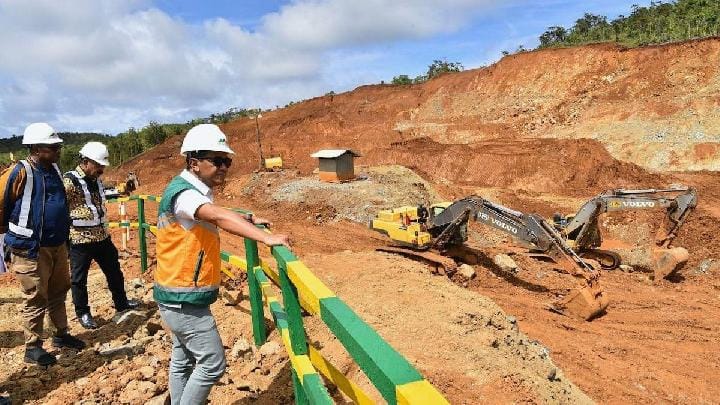




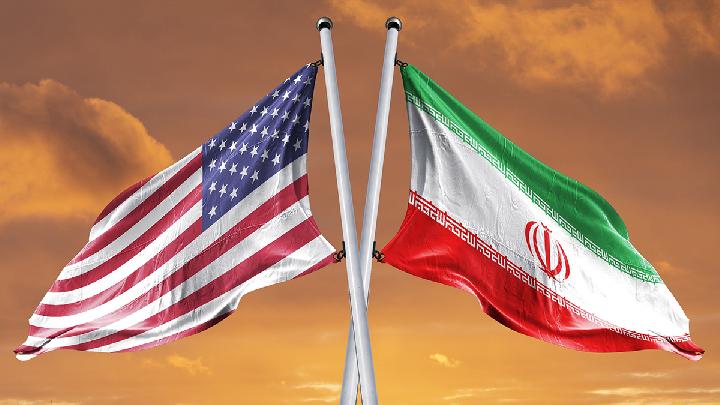












:strip_icc():format(jpeg)/kly-media-production/medias/3977835/original/066021800_1648524608-pexels-ahmed-aqtai-2233416_1_.jpg)
:strip_icc():format(jpeg)/kly-media-production/medias/3449231/original/035609000_1620241432-000_99C2L3.jpg)
:strip_icc():format(jpeg)/kly-media-production/medias/4779768/original/056174500_1711004488-hands-holding-knife-fork-alarm-clock-plate-blue-background.jpg)
:strip_icc():format(jpeg)/kly-media-production/medias/5134530/original/076641900_1739622826-20250215-Prabowo-AFP_7.jpg)
:strip_icc():format(jpeg)/kly-media-production/medias/3626995/original/056226000_1636431538-252444828_305857281141144_6357930935168472204_n.jpg)
:strip_icc():format(jpeg)/kly-media-production/medias/4678420/original/041411600_1701993066-pexels-thirdman-8489077.jpg)
:strip_icc():format(jpeg)/kly-media-production/medias/1619105/original/061499300_1496997418-ramadan-main.jpg)
:strip_icc():format(jpeg)/kly-media-production/medias/3508689/original/070798000_1626139545-20210713-Elon-Musk-SolarCity-5.jpg)
:strip_icc():format(jpeg)/kly-media-production/medias/4769102/original/014075000_1710171937-20240311-Taraweh_Pertama_di_Istiqlal-ANG_1.jpg)
:strip_icc():format(jpeg)/kly-media-production/medias/5106410/original/089112900_1737608852-Buya_Yahya.jpg)
:strip_icc():format(jpeg):watermark(kly-media-production/assets/images/watermarks/liputan6/watermark-color-landscape-new.png,1100,20,0)/kly-media-production/medias/5140628/original/019242500_1740225866-Persita_Tangerang_vs_Borneo_FC-35.jpg)
:strip_icc():format(jpeg)/kly-media-production/medias/3902213/original/084057500_1642045386-pexels-ralph-w-lambrecht-1446076__1_.jpg)
:strip_icc():format(jpeg)/kly-media-production/medias/4878826/original/064720000_1719661833-WhatsApp_Image_2024-06-28_at_23.09.07.jpeg)
:strip_icc():format(jpeg)/kly-media-production/medias/5141412/original/005545700_1740364919-Snapinsta.app_481203089_18446336839077229_3957692586101845976_n_1080.jpg)
:strip_icc():format(jpeg)/kly-media-production/medias/771429/original/006248600_1416892825-m2.jpg)
:strip_icc():format(jpeg)/kly-media-production/medias/2265569/original/050855900_1530514161-20180702-Harga-Pertamax-Naik-di-Semua-Daerah--TALLO-4.jpg)
:strip_icc():format(jpeg)/kly-media-production/medias/2240997/original/070157500_1528277766-arches-architecture-building-460680.jpg)
:strip_icc():format(jpeg)/kly-media-production/medias/5097271/original/033768400_1737073765-cek_fakta_ganyang.jpg)
:strip_icc():format(jpeg)/kly-media-production/medias/4787912/original/016408900_1711630423-20240328-Penukaran_Uang-AFP_6.jpg)
:strip_icc():format(jpeg)/kly-media-production/medias/5139103/original/083951400_1740056485-Screenshot_20250220_192744_Instagram.jpg)